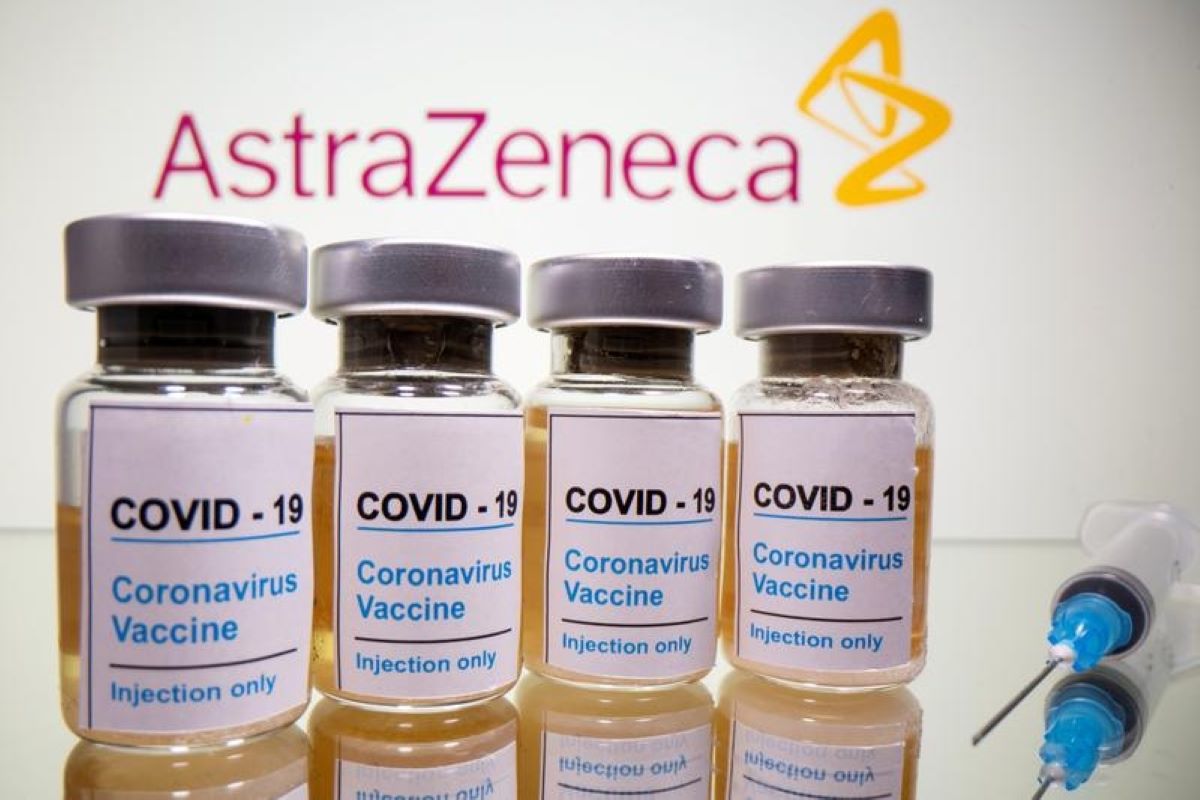Study shows late detection of cancer is a major concern
Late diagnosis of cancer, which means too late for treatment, is the biggest concern for about 70 per cent of people, according to a public poll in the UK.
Imperial scientists had aimed to use the technology to design a Covid-19 jab. However, it never progressed further than stage two clinical testing.

representational image (IANS photo)
UK drugmaker AstraZeneca has partnered with scientists at Imperial College London to develop a new vaccine technology to treat cancer, heart conditions and other non-infectious diseases and illnesses.
The technology was originally intended for targeting Covid-19, and works by delivering genetic material called self-amplifying RNA to human cells. The cells are then trained to recognise and respond to infection, The Independent reported.
Imperial scientists had aimed to use the technology to design a Covid-19 jab. However, it never progressed further than stage two clinical testing.
Advertisement
“We have clinical data that is good for the technology but it needs to be improved on,” Prof Professor Robin Shattock, an immunologist at Imperial, was quoted as saying.
“AstraZeneca wants to take our approach and advance it. They see the potential of the platform.”
Besides creating a protective layer of antibodies and T-cells against the spike protein structure found on the surface of SARS-CoV-2, the unique platform uses self-amplifying RNA to also make copies of itself once injected into humans, generating more of the original message.
The team hopes the same technique can be used to teach the body to identify other foreign threats or internal malfunctions, such as cancer, and then neutralise them via trained immunological cells.
Shattock said his team, alongside experts at AstraZeneca, would be working to apply the self-amplifying RNA to a range of disease areas.
He said there were no plans for human trials at this stage, with the immediate focus on first optimising the vaccine platform in the lab and determining whether it will be successful in treating the likes of cancer or heart disease.
The agreement with AstraZeneca will support the Imperial team with research and development funding for up to 26 different drug targets, the report said.
“We have all seen how technologies based around RNA have been fundamental to preventing ongoing severe disease and death in major global pandemics,” said Prof Shattock. “The prospect of further therapeutic applications adds to this technology’s great potential.”
Advertisement